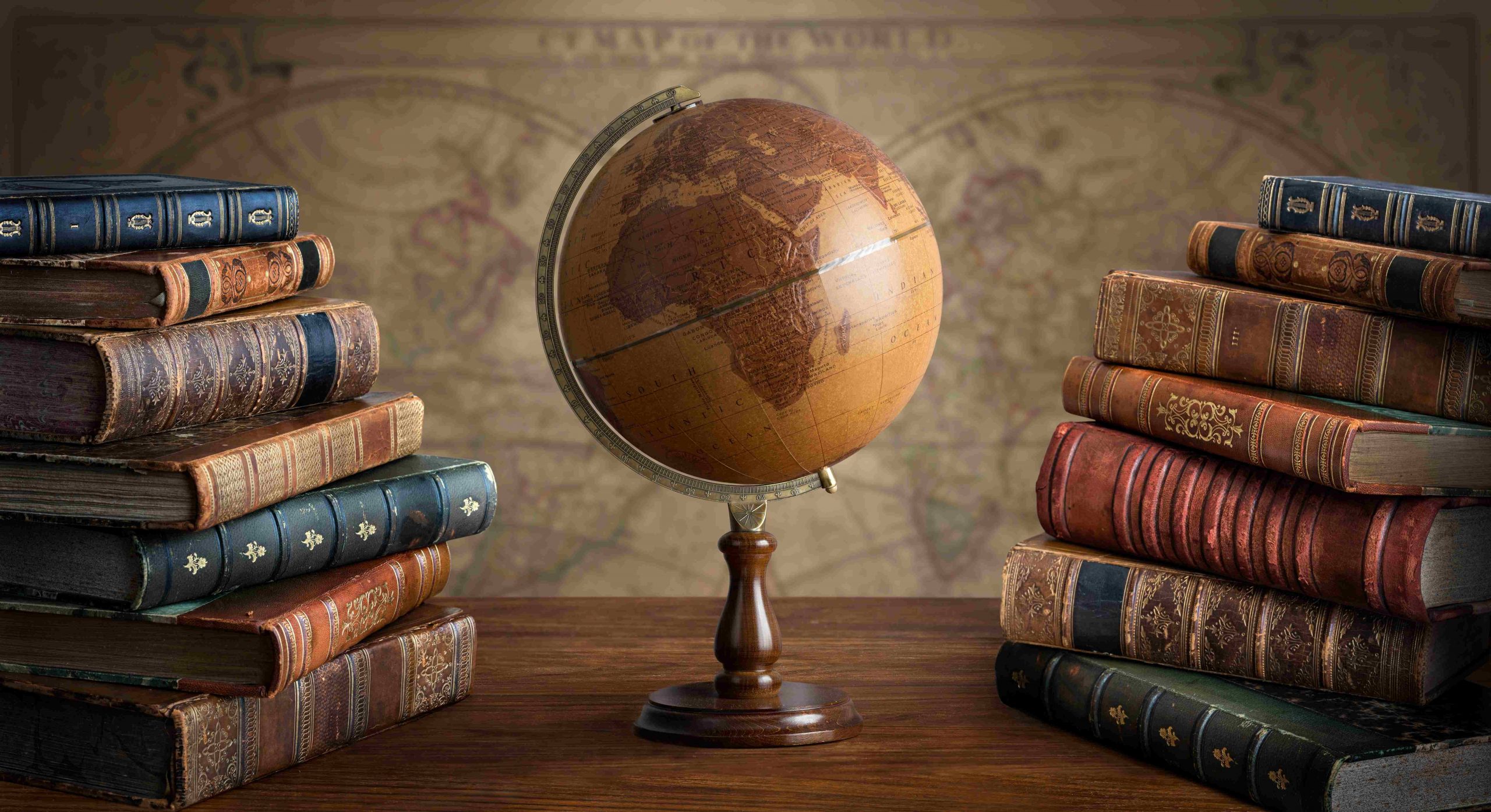In 1998, ETA Announces an Indefinite Cease-Fire
The Basque separatist group ETA declared an indefinite cease-fire, after 30 years of terrorist guerrilla attacks and 800 deaths, marking a significant moment in Spain’s long-running conflict with the group. Although the cease-fire was later broken, it was a crucial step toward eventual peace talks.
In 1978, Mohammad Zia-ul-Haq is Proclaimed President of Pakistan
General Mohammad Zia-ul-Haq formally assumed the presidency of Pakistan following a military coup in 1977. His rule was marked by the implementation of Islamic law and significant political and social changes in the country.
In 1975, Papua New Guinea Gains Full Independence
Papua New Guinea became fully independent from Australia on September 16. This marked the end of colonial rule and the beginning of Papua New Guinea’s journey as a sovereign nation.
In 1970, King Hussein of Jordan Declares Martial Law
King Hussein of Jordan declared martial law in response to increasing tensions between the Jordanian government and Palestinian factions. His decision came after the hijacking of four international airliners by the Popular Front for the Liberation of Palestine (PFLP). This led to the conflict known as “Black September,” a civil war that reshaped the region’s political landscape.
In 1963, Malaysia is Created
The Federation of Malaysia was officially established on September 16, uniting Malaya, Singapore (which left in 1965), Sabah, and Sarawak. This event marked a significant milestone in Southeast Asian history.
In 1920, a Bomb Explodes on Wall Street
The Wall Street Bombing in New York City, killed 38 people and injured hundreds. The case was never fully solved, but it is believed to have been an act of political terrorism by anarchists.
In 1919, the U.S. Congress Grants a National Charter to the American Legion
The U.S. Congress granted a national charter to the American Legion, an organization founded to support veterans of World War I. The Legion has since played a major role in advocating for veterans’ rights and benefits.



